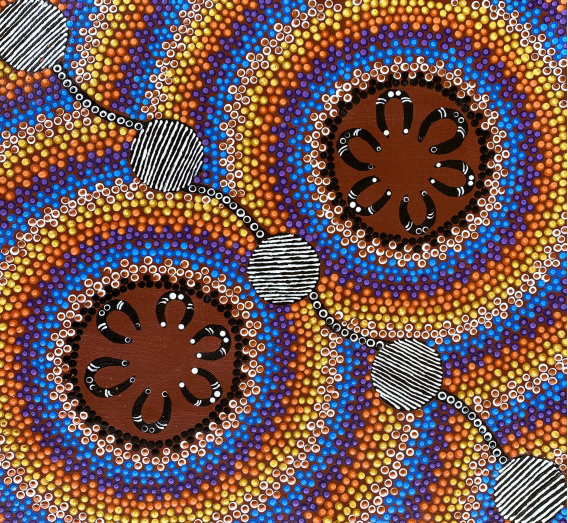The purpose of the Guide is to develop a comprehensive evidentiary foundation to support Aboriginal and Torres Strait Islander women’s cultural responsibilities, leadership aspirations and links to economic empowerment. It will also assist us in formulating topics and lists of guest speakers for a community of practice in which our women can continue their leadership growth and opportunities.
Shelter WA is the West Australian peak body for social and affordable housing and ending homelessness. Our vision is that all people living in Western Australia have housing that enables them to thrive. We believe everybody has the right to a place to call home. Shelter WA works with our members and partners to provide a strong voice to lead the development of an effective housing system.
Aboriginal and Torres Strait Islander peoples, Australia’s First Peoples, are so much more than the embodiment of negative colonial processes. While we appreciate the 60,000 years of ‘genius’ that is in our Indigenous DNA (deoxyribonucleic acid) (Garma Festival 2019), our metagenomic vision for our current and future families is still very much under the gaze of a colonial lens.
The Australasian College for Emergency Medicine (ACEM) is the not-for-profit organisation responsible for training emergency physicians and the advancement of professional standards in emergency medicine in Australia and New Zealand. As the peak body for emergency medicine, the College has a significant interest in ensuring that the highest standards of medical care for patients are maintained in EDs across Australia and New Zealand.
The Waijungbah Jarjums model of care has been developed alongside the local Aboriginal and Torres Strait Islander community in collaboration with Gold Coast Hospital and Health Service (GCHHS), Women’s Newborn and Children’s Service.
The 2017 pilot More Than a Landlord (MTaL) project utilised peer research methods to collect data from social housing tenants through a household survey.
The wellbeing of Aboriginal and Torres Strait Islander children includes a range of interrelated domains – safety, health, culture and connections, mental health and emotional wellbeing, home and environment, learning and skills, empowerment and economic wellbeing.
The best opportunity to build a strong foundation for lifelong health and wellbeing occurs during the first 1000 days – the period from conception, throughout pregnancy, and during a child’s first two years.
Bringing evidence and economics together to solve problems faced by young Australians.
We have been working with fathers, uncles, pops, brothers and young men who will be fathers for many years now, in clinical work, in prisons, in schools and hospitals and with communities in every state.
For thousands of years, Aboriginal and Torres Strait Islander peoples have held Welcome Baby to Country ceremonies to acknowledge an infant’s connection to the traditional lands on which they are born.
Regional Initiatives: Building Health and Wellbeing in the First 1000 Days
The More than a Landlord project was initially developed by Aboriginal Housing Victoria or AHV and funded as a nutritional intervention through the Victorian Government’s Koolin Balit initiatives.
The More than a Landlord project was initially developed by Aboriginal Housing Victoria or AHV and funded as a nutritional intervention through the Victorian Government’s Koolin Balit initiatives.
Establishing First 1000 Days Australia Regional Alliance Sites.
This overview describes what the First 1000 Days Australia Model looks like, the steps taken to develop and implement the work, and how to become involved.
This report details the program, proceedings and outcomes of the First 1000 Days Australia Policy and Implementers’ Symposium, the fourth and final symposium to be held at, and led by, the University of Melbourne.

















